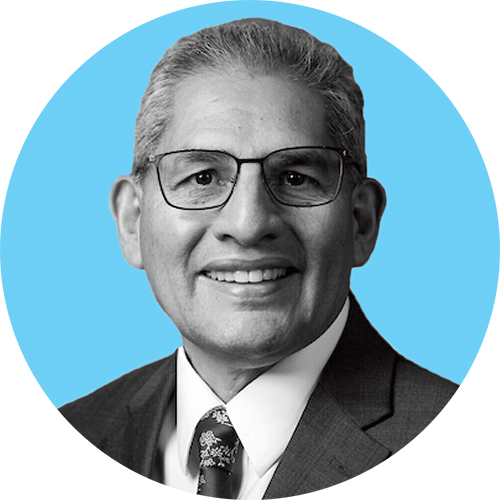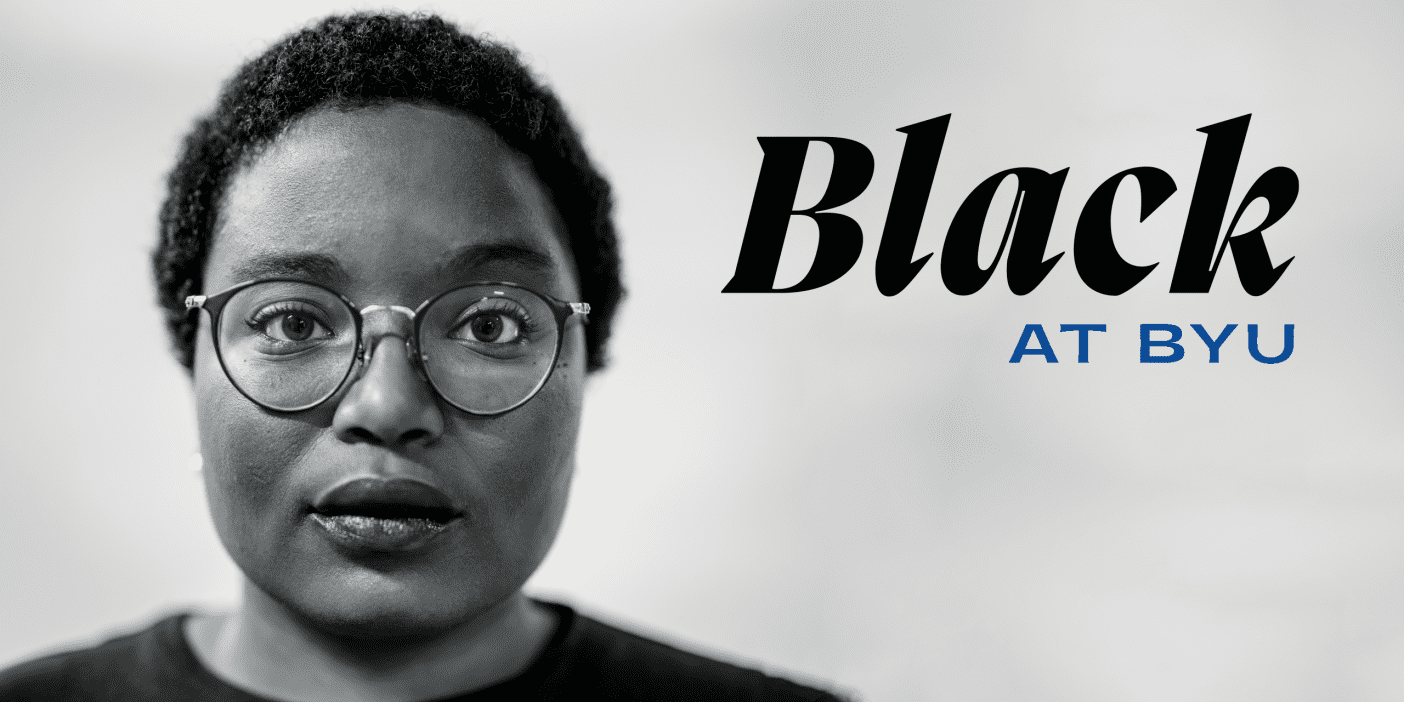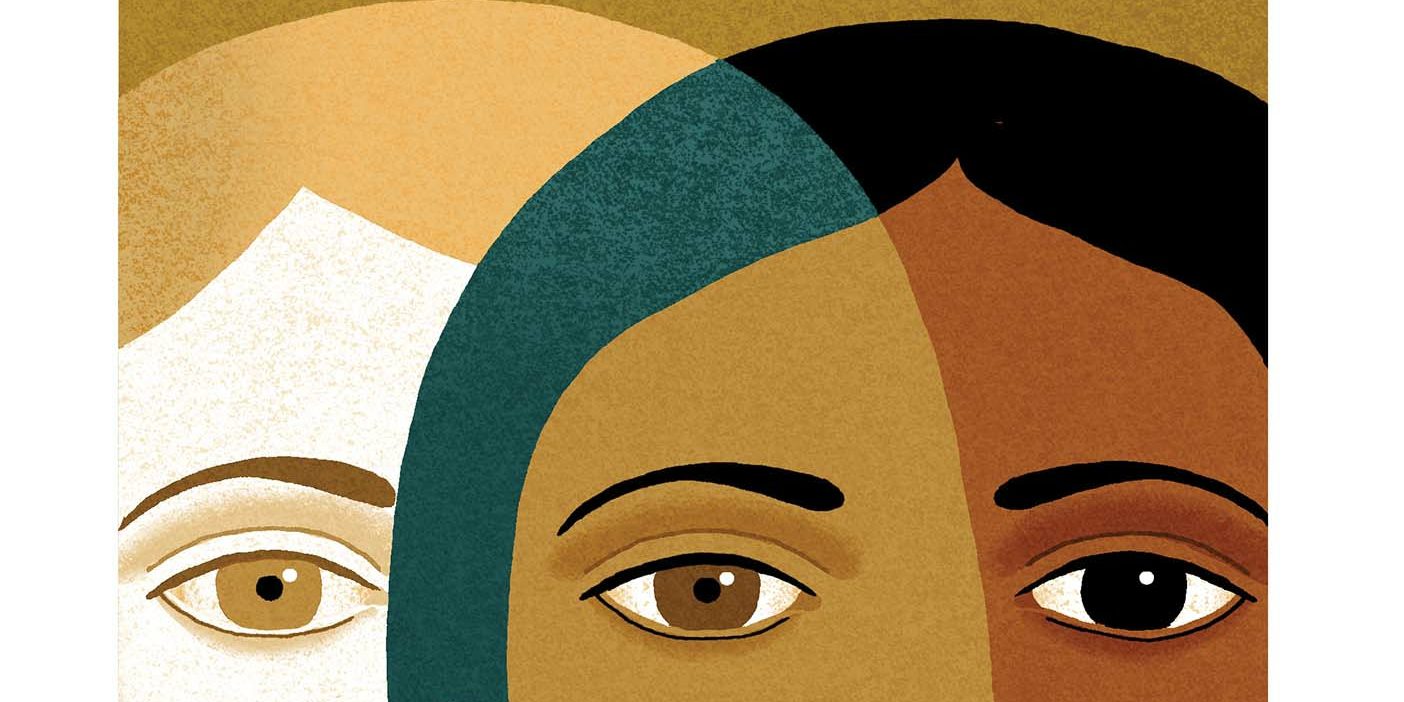With a focus on what unites us, at BYU we are fostering a unique approach to belonging.

As a child working in the olive vineyards of California’s agriculturally rich San Joaquin Valley, I never imagined belonging to a place that President Spencer W. Kimball stated would become “a unique university in all the world!”¹ At the time President Kimball made this inspiring and prophetic declaration, God was preparing me, a 13-year-old boy, to receive the restored gospel of Jesus Christ—my first step toward becoming a part of this unique university.
Fast forward several years to my BYU Law School experience. Kevin J Worthen (BA ’79, JD ’82), one of my professors, took an interest in my well-being and engaged me in his research. It involved using the United States Constitution to empower educational institutions to create a better sense of belonging for America’s struggling underrepresented youth. I was captivated by the spiritual foundations of his scholarship. During this time he gave me a copy of Hugh Nibley’s Approaching Zion, a cherished gift and a subtle invitation to learn more about the topic of belonging. At that time I did not have any vision of just how his spiritual and intellectual mentoring would influence my future.
We seek to create place of covenant belonging. And that begins with our intention to be “united by our common primary identity as children of God.”
Thirty years later, in March 2022, President Worthen invited me to apply these concepts in a new vineyard when I was appointed vice president in BYU’s newly created Office of Belonging. As President Kimball encouraged, BYU’s approach would be uniquely ours, based in “gospel methodology, concepts, and insights.”² We seek to create place of covenant belonging. And that begins with our intention to be “united by our common primary identity as children of God (Acts 17:29; Ps. 82:6) and our commitment to the truths of the restored gospel of Jesus Christ (BYU Mission Statement).”³ While valuing and embracing our beautiful variety of individual characteristics, at BYU “we strive to create a community of belonging composed of students, faculty, and staff whose hearts are knit together in love (Mosiah 18:21).”4 In a time of division and distrust, we’re about building Zion.
The Prophet Joseph Smith taught: “We ought to have the building up of Zion as our greatest object.”5 Modern-day prophets have continued to emphasize this as a prophetic priority. Elder D. Todd Christofferson (BA ’69) has taught that one aspect of belonging is that we join the Church “to participate in a great project to establish Zion in preparation for the Lord’s return.”6
Our homes, our congregations, and, in our case, the Church Educational System, each provide a laboratory for our individual and collective efforts to create a greater sense of belonging for all of God’s children and to labor unitedly in His vineyard “this last time” (Jacob 5:62) to bless the world to become more of a Zion-like society. In this, BYU can and must lead the way.
NOTES
- Spencer W. Kimball, “The Second Century of Brigham Young University,” BYU devotional address, Oct. 10, 1975.
- Ibid.
- BYU Statement on Belonging, Aug. 23, 2021; belonging.byu.edu/statement-on-belonging.
- Ibid.
- History, 1838–1856, vol. C-1 [Nov. 2, 1838–July 31, 1842]; available at josephsmithpapers.org.
- D. Todd Christofferson, “The Doctrine of Belonging,” Liahona, November 2022.

Carl Hernandez is the BYU vice president of belonging.












